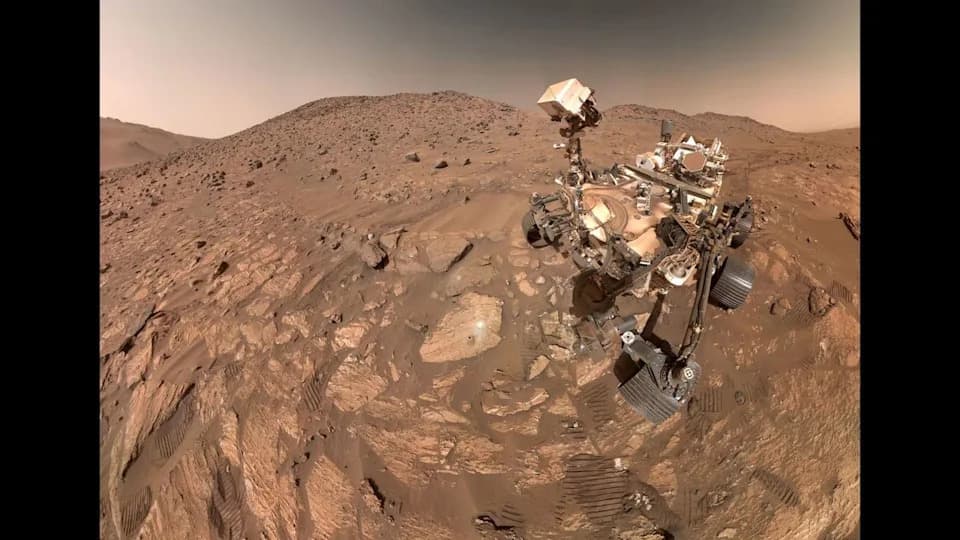HHS leadership changes and a $500M cut to mRNA respiratory-vaccine research have raised alarm among scientists. Robust data show mRNA COVID vaccines reduced ER visits, hospitalizations and deaths and have a strong safety record. The funding shift risks delaying promising personalized mRNA cancer vaccines and could cancel NASA's Perseverance sample-return mission, which has collected dozens of vials across more than 20 miles on Mars. Sustained federal investment is essential to keep both medical and space science moving forward.
Science on the Line: Funding Cuts Threaten mRNA Progress and Mars Sample Return

Science on the Line: Funding Cuts Threaten mRNA Progress and Mars Sample Return
In a series of high-profile decisions this year, Department of Health and Human Services Secretary Robert F. Kennedy Jr. removed all 17 members of the Centers for Disease Control and Prevention's Advisory Committee on Immunization Practices and announced the cancellation of roughly $500 million in federal funding for development of mRNA vaccines targeting respiratory viruses. He has also publicly expressed the belief that mRNA vaccines cause widespread serious harm.
mRNA vaccines: evidence versus claims
The scientific record does not support the assertion that mRNA COVID-19 vaccines caused widespread harm. Large-scale data show that people who received mRNA COVID vaccines were significantly less likely to visit emergency departments, be hospitalized, or die from the illness. Severe adverse events are rare, and experts conclude that mRNA COVID vaccines saved millions of lives and have a strong safety record after administration to hundreds of millions of people.
Beyond COVID: personalized cancer vaccines
Cutting mRNA research threatens more than seasonal vaccine updates. One of the most promising applications is personalized mRNA cancer therapy: vaccines custom-built to a patient’s tumor genetics so the immune system targets the tumor’s unique mutant proteins. Early clinical trials of these individualized approaches have produced encouraging results, and continued research could expand treatment options for many cancer patients.
Because the federal government is the largest funder of cancer research in the U.S., policy decisions that impede mRNA work could slow or stall advances that otherwise might emerge from American research centers. Other countries, including the U.K., are prepared to press forward, but the U.S. scientific ecosystem remains central to accelerating these innovations.
Mars samples at risk
The trend of retreating support for large scientific projects extends beyond biomedical research. NASA's Perseverance rover has spent nearly five years traversing more than 20 miles of Mars, collecting rock and soil samples and storing dozens of small vials that might contain evidence of past habitability or life. Under the proposed 2026 NASA budget, the mission to retrieve and return those samples to Earth would be canceled, potentially leaving crucial material unexamined.
Why this matters
Researchers across disciplines pursue knowledge that can save lives, advance technology, and expand our understanding of the universe. When leadership decisions cut funding or hinder scientific institutions, progress slows and opportunities vanish. The contrast is stark: scientific effort aims to move humanity forward; short-sighted policy choices can feel like jamming a stick in the spokes of that progress.
Takeaway: Evidence supports the safety and benefit of mRNA COVID vaccines, and sustained investment in mRNA research is essential for future advances such as personalized cancer vaccines. Similarly, continued support for ambitious missions like the Perseverance sample-return is crucial to answering foundational scientific questions.
If you are concerned about the trajectory of public science funding, consider contacting your elected representatives to stress the importance of long-term investment in research and exploration.
Over its 180-year history this magazine has chronicled major discoveries and the successes of government-funded research. Sustained support will help ensure many more such stories in the years to come.
Help us improve.


































